Use Your Anger. Don’t Let It Use you.
Everyone feels angry sometimes—it’s a normal and useful part of being human. Anger isn’t necessarily “bad.” It’s a signal that something isn’t sitting right: maybe you don’t like what’s happening, you feel threatened, or your wants and needs are being blocked. In that sense, anger can be a messenger, alerting you that something may need to change.
Sometimes that means setting a boundary with someone, re-examining your expectations of others (or yourself), or calmly talking through what’s bothering you to create better understanding. The key is catching anger early enough to channel it in a way that helps, not harms.
How to Know When Anger Is Building
Anger doesn’t just appear out of thin air. It usually starts with small signals from your body and mind. You might notice:
· Tension in your jaw, shoulders, or stomach
· Feeling warm, tight, or restless
· Thoughts racing or looping on what “shouldn’t” be happening
· The urge to interrupt, argue, or raise your voice
The earlier you can notice these clues, the easier it is to calm down before they take on a life of their own.
Three Ways to Cool Down in the Moment
1. Take a Slow Breath (or a Few)
Try breathing in through your nose for a count of four and out through your mouth for a count of six. That longer exhale helps tell your body it’s safe to slow down. Even a couple of these breaths can help you feel more grounded.
2. Step Away if You Need To
If you feel yourself heating up, give yourself permission to take a short break. Step outside, get a glass of water, or move to another room. A few minutes of space can make a big difference in how you choose to respond.
3. Put It Into Words
Quietly name what’s going on for you—something as simple as, “I’m starting to get frustrated.” This helps shift your focus from reacting to understanding, and that small pause can help you think more clearly about what you want to do next.
Recognizing anger early and using these skills doesn’t mean pushing it away or pretending everything’s fine. It means giving yourself enough space to listen to what the anger is telling you—something needs your attention—and then responding thoughtfully. Whether that involves setting a boundary, adjusting your expectations, or having an honest conversation, using anger as information rather than fuel can lead to healthier relationships and greater peace of mind.
If anger often feels hard to manage, or you’d like help turning it into a source of clarity and strength instead of conflict, you don’t have to do it alone. Visit Dr. Bob Nemerovski, Psy.D., at https://www.theangerdoc.com to learn more about how therapy can help you understand your anger and use it in ways that truly serve you.
